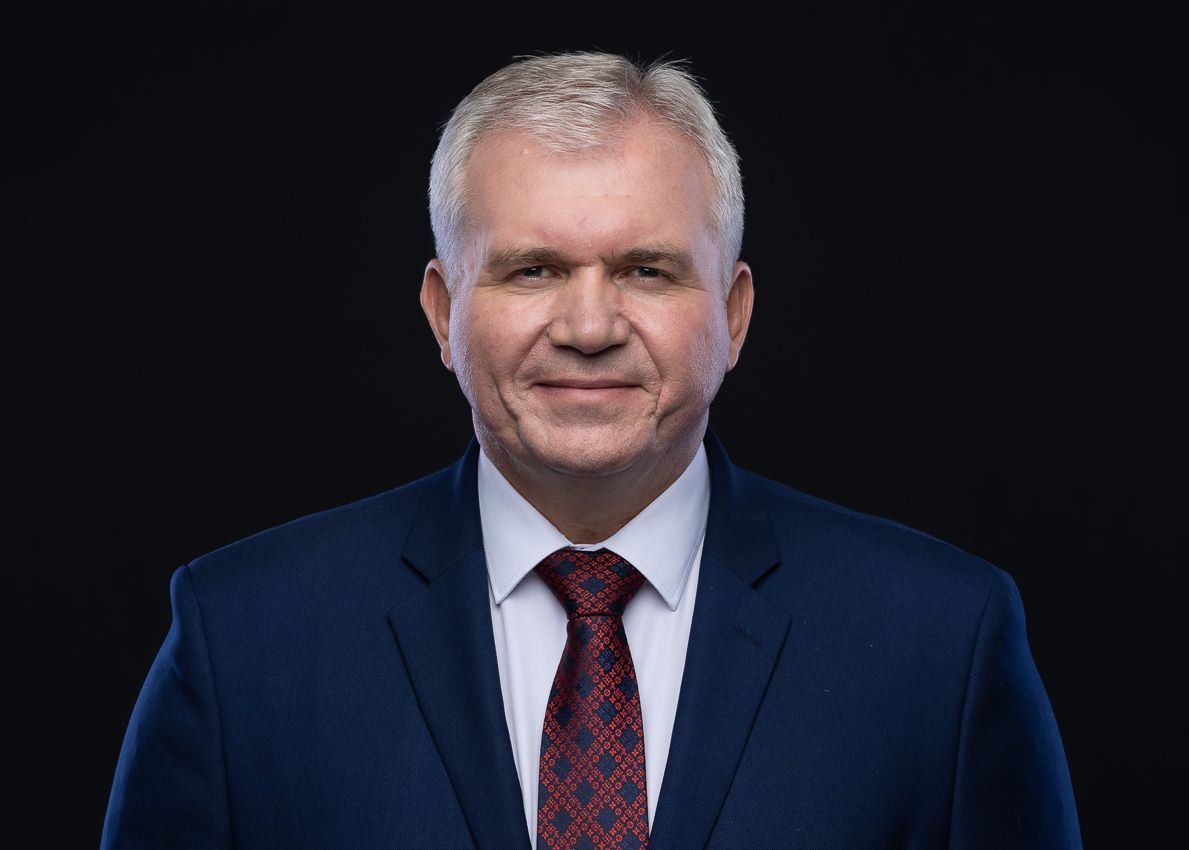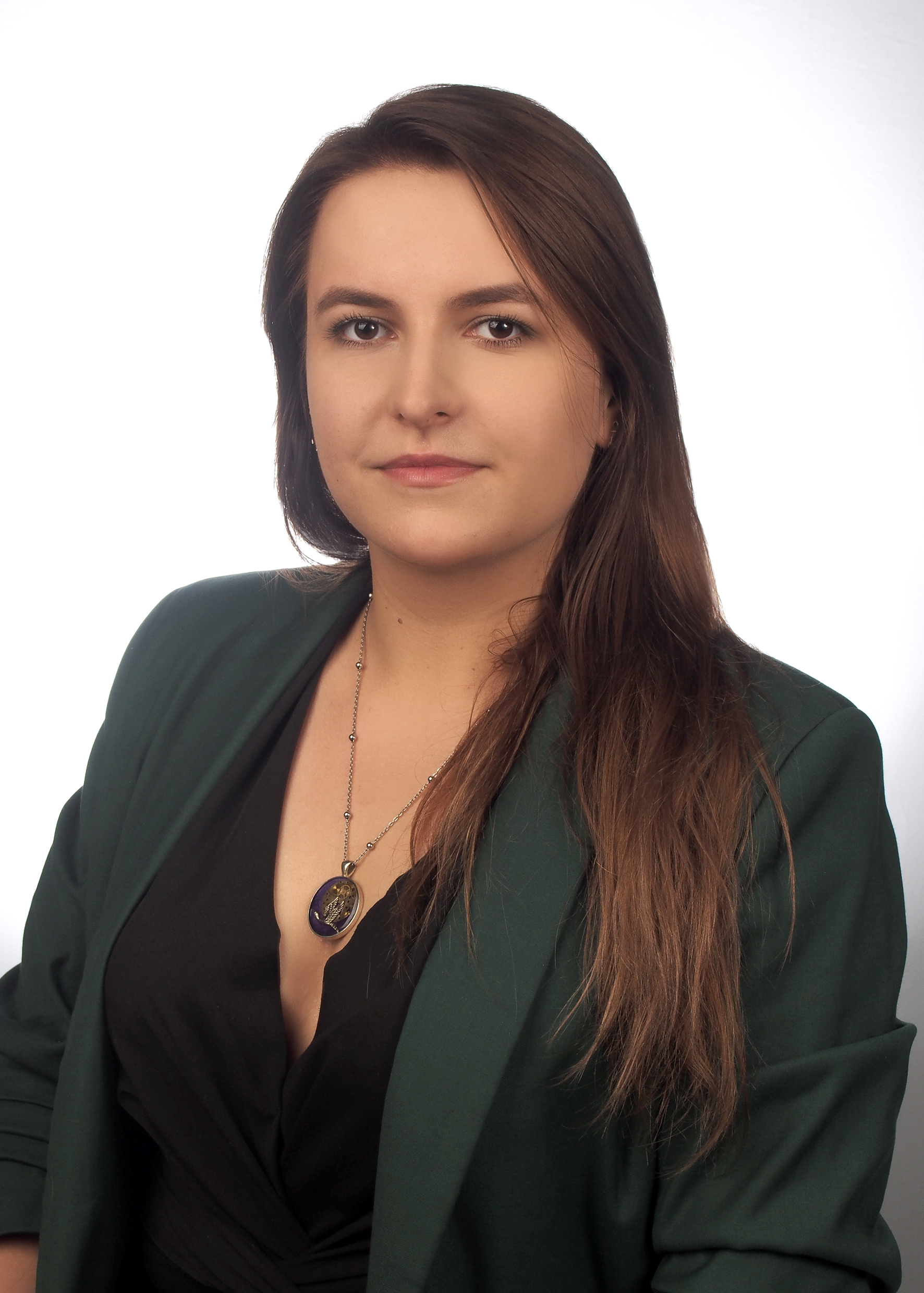Course Title: Sustainable Mining Technologies
Language of instruction: English
ECTS credits: 4 ECTS
Total workload: 60 hours (blended learning)
Target group: 20 students from Latin America + 10 students from AGH University
Course format: IMPK – Intensive International Education Programme
Course duration: October 20, 2025 – January 31, 2026
Course Description:
The course provides comprehensive knowledge and practical skills in sustainable mining, with a focus on innovative extraction technologies, environmental management, and community engagement in mining regions. It is designed for international students interested in modern mining practices aligned with the UN Sustainable Development Goals (SDGs). Delivered by leading experts from AGH University of Krakow, the course is part of the SPINAKER programme funded by NAWA.
Structure and Delivery Method:
Online module (45 hours):
- Dates: October 20, 2025 – January 14, 2026
- Format: synchronous interactive classes via MS Teams (lectures, discussions, quizzes)
On-site module at AGH University (15 hours):
- Arrival: January 15–16, 2026
- Integration trip: January 17–18, 2026 (Zakopane, funded outside the project)
- Practical sessions at AGH University: January 19–31, 2026 (labs, workshops, case studies)
Course Content:
Module 1: Introduction to Sustainable Mining (6h)
- Sustainability in mining
- Mining’s role in energy transition
Module 2: Modern Extraction Technologies (10h)
- Underground and surface mining innovations
- Automation and digital tools
Module 3: Ventilation and Mine Safety (8h)
- Energy-efficient ventilation
- Monitoring of mine atmosphere
Module 4: Mineral Processing and Waste Management (8h)
- Tailings and waste rock management
- Reuse and valorization of mineral waste
Module 5: Carbon Footprint & Decarbonization (8h)
- Carbon emission calculations
- Emission reduction strategies
Module 6: Social Aspects of Mining (6h)
- Social license to operate (SLO)
- CSR and public engagement
Module 7: Case Studies (6h)
- KGHM and copper mining
- Copper extraction in Latin America
Learning Outcomes:
Upon completion of the course, participants will:
- Understand challenges and solutions related to sustainable mining.
- Be familiar with modern mining technologies and digitalization trends.
- Evaluate environmental and social aspects of mining projects.
- Demonstrate skills in carbon footprint assessment and risk mitigation.
- Apply sustainability principles to real-life mining case studies.
Assessment and Certification:
- Final exam
- Micro-credential certificate issued by AGH University
- Includes course title, learning outcomes, number of hours (60), ECTS credits (4), and final grade
- Course is registered by the responsible AGH University's faculty as a formal educational activity
LECTURERS
Prof. Marek Borowski, Faculty of Civil Engineering and Resources Management

Marek Borowski is a professor at the AGH University of Krakow (Faculty of Civil Engineering and Resource Management), specialising in sustainable mining and environmental engineering. He currently leads the Methane Research Centre at AGH and serves as an expert to the United Nations Economic Commission for Europe (UNECE) in the Group of Experts on Coal Mine Methane and Just Transition. With over 30 years of academic and industrial experience, Prof. Borowski focuses on the optimization of mine ventilation systems, methane capture and utilization, and low-emission technologies in the mining sector. His research integrates digital twins, AI-driven simulations, and sustainable development principles in underground mining operations. He has coordinated or participated in numerous international research projects related to methane reduction, mine safety, and clean mining technologies, including EU-funded RFCS projects. His scientific work has been widely published and cited, contributing significantly to global knowledge on sustainable resource extraction. Prof. Borowski is also actively involved in academic mobility programmes and has played a key role in building research and educational partnerships with institutions across Latin America.
Eng., D. Klaudia Zwolińska-Glądys, Department of Environmental Engineering, Faculty of Civil Engineering and Resource Management

Klaudia Zwolińska-Glądys is an Assistant Professor at the Department of Environmental Engineering, Faculty of Civil Engineering and Resource Management, AGH University of Krakow. Her research interests include tunnel ventilation, HVAC systems, renewable energy, and building energy performance. Her studies encompass issues related to the ventilation of mines and road tunnels, focusing on flow parameters and air quality. She specializes in simulations, methane emission analysis, and experimental flow studies, including anemometry and the PIV technique. She has been involved in several international projects such as EnAct-SDGs and TrainESEEv.2. She has co-authored nearly 50 scientific publications in various journals.



